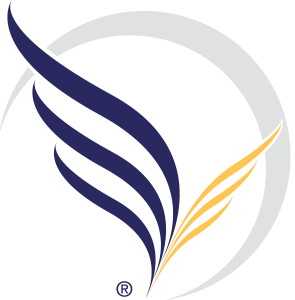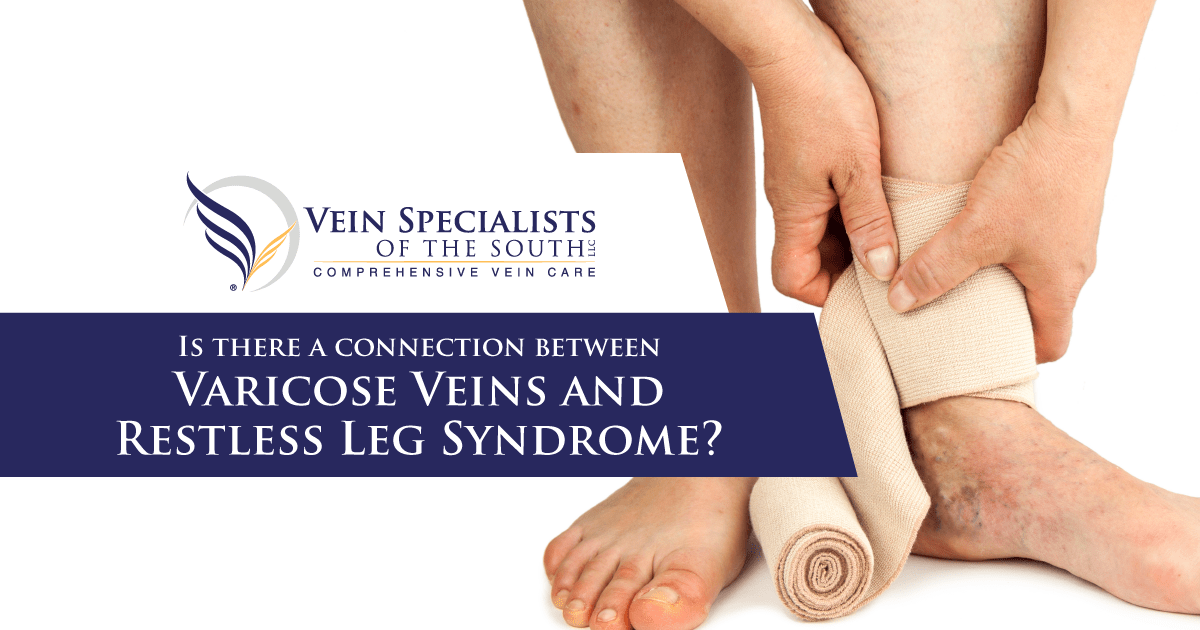Restless Leg Syndrome: Causes, Symptoms And Solutions
Restless leg syndrome can affect up to 10 percent of the population within the United States. Most people who have this syndrome are women and typically middle-aged or older. Symptoms of RLS can be misdiagnosed easily or sometimes just unrecognized at first. Treatment options are available once your physicians reach an accurate diagnosis.
What Causes Restless Legs?
Physicians and researchers are unsure of the exact cause of restless leg syndrome. Researchers believe genetics play a role, as approximately half of all RLS patients also have a family member with RLS. There are other factors that can contribute to RLS, including diabetes and iron deficiency. More serious conditions include Parkinson’s disease and kidney failure.
Certain medications, including anti-nausea drugs, antidepressants, and antihistamines can contribute to restless leg syndrome. Pregnancy can cause symptoms, usually in the third trimester; however, symptoms typically go away within one month after delivery. Alcohol and sleep deprivation can also trigger restless leg syndrome symptoms.
How To Know If You Have Restless Leg Syndrome
Your physician will run blood tests and other diagnostic screenings; however, a successful diagnosis relies mainly on your individual symptoms and family history. If your doctor rules out all other potential causes for your restless leg symptoms, they may diagnose you with RLS.
Restless Leg Syndrome And Venous Disease
There is evidence of a link between venous disease and restless leg syndrome, such as varicose veins and lymphedema. Both conditions cause pain, discomfort, and heaviness in the legs; these symptoms can cause restlessness in the legs, further keeping you up at night.
Venous disease, as a source for your Restless Leg symptoms, is often overlooked by physicians. Vein disease in general is also under-diagnosed and under-treated across all demographics.
You can have vein disease without visible varicose veins, spider veins or leg swelling. Also, the symptoms of vein disease are vague and may include: heaviness, aching, swelling, throbbing, itching, burning and stinging. It is easy to see how you and your physician may not realize your symptoms including restless leg could indicate underlying vein disease.
If this sounds like you, come see us for a consultation. A simple office evaluation and noninvasive duplex ultrasound of your legs by your vein specialists is the first step you should take. If you are diagnosed with underlying venous disease and you have restless legs, there is hope.
Treatments For Venous Disease And Restless Legs
Treatment usually begins with easing symptoms to make your RLS more manageable. If you have mild to moderate symptoms, changing your sleeping and eating patterns and general lifestyle can help. Starting and exercise program and eliminating alcohol, caffeine and tobacco can also help.
If you have more serious symptoms, drugs may sometimes be effective; however, the right combination of medications is not the same for every individual case of RLS. Your physician may prescribe narcotic pain relievers, anti-convulsants, or other prescription medications. Some drugs do lose their effectiveness over time, so non-drug treatments can be tried as well.
Studies indicate that a some patients with both restless legs and vein disease have improvement in their symptoms with treatment of their vein disease. The treatment for vein disease range from simple conservative measure: regular exercise, use of graduated compression hose, rest breaks with leg elevation, healthy weight management and avoiding high heels except for special occasions. Minimally invasive office based treatments can also correct the underlying vein problem, visible varicose and spider veins. Many of our patients report a significant improvement in their restless leg symptoms with these approaches to vein care.
Tired Of Restless Legs At Night? Contact Us!
If you’re tired of the itchy, pins and needles, creepy crawly feeling that your legs feel at night, contact us for a consultation at Vein Specialists of the South in Middle Georgia. We will evaluate your leg and vein health, determine if your restless legs are a symptom of venous disease, and recommend treatments where necessary.










